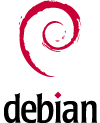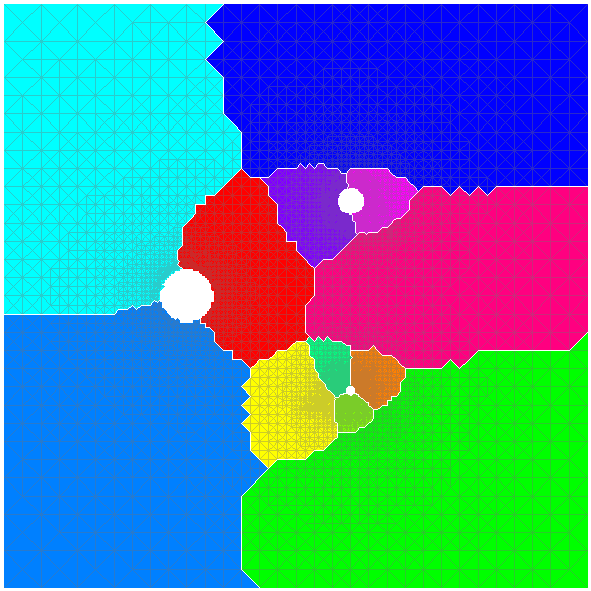In trying to help an extension debian packaging effort, I’ve once again proposed to handle it. That’s because I now begin to know how to do it, as you can see in my package overview page at debian QA facility. There’s a reason why I proposed myself here, it’s that yet another tool of mine is now to be found in debian, and should greatly help extension packaging there. You can already check for the postgresql-server-dev-all package page if you’re that impatient!



